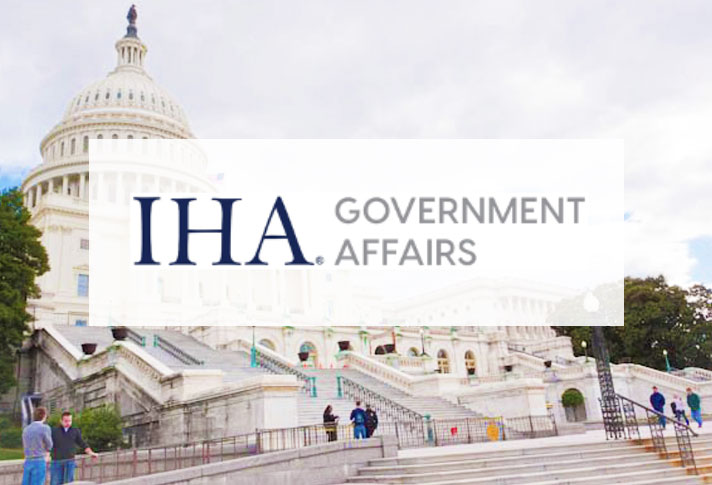Perhaps the last big initiative that has a chance to be agreed to by both chambers of Congress before the midterm election usurps the agenda is “China competition legislation.” The Senate and House have approved two separate bills per this broad theme, with the anchor provision in each being $52 billion to incentivize companies to build semiconductor manufacturing facilities in the U.S. But each bill also contains provisions that are of direct importance for IHA members.
The Senate passed its bill in June 2021 by a large bipartisan majority, while the House passed a Democrats-only bill (with one Republican) this year. Somewhat confusingly, bill names were changed at times to Endless Frontiers, Make it in America, and the Chips and the Bipartisan Innovation Act. As such, bill names here are those as passed by the Senate and House–the U.S. Innovation and Competition Act (USICA) and the America COMPETES Act, respectively.
USICA contains tariff reform language that would require the U.S. Trade Representative (USTR) to revitalize the exclusion process for products subject to Section 301 tariffs on goods from China. This language was passed 91-4 in the Senate but isn’t in the America COMPETES Act. Therefore, Americans for Free Trade, to which IHA belongs, sent a coalition letter to Congress stating, “As these two China competition bills move towards a conference process, we urge Congress to include language requiring USTR to restart a comprehensive, transparent, and fair exclusions process– with retroactivity–for products subject to the 301 tariffs.”
USICA also contains a Country-of-Origin Online Labeling (COOL) provision that was inserted by Sen. Tammy Baldwin (D-WI) without hearings or stakeholder input. The COOL provision would create a new liability for retailers and sellers to not only post the provision’s required information but also certify the accuracy of the information provided by the product vendors. In addition, it would give the Federal Trade Commission (FTC) country-of-origin determination and enforcement authority.
The COOL provision bypassed the amendment process and was simply put into USICA, making it necessary to form a coalition that includes IHA to tell Sen. Baldwin’s staff that determining a product’s country of origin is complicated and done through U.S. trade laws and enforced by Customs and Border Protection. Sen. Baldwin now seems willing to make some changes, but there are many unanswered questions about the practicality and ability to administer and enforce the provision. Thus, the coalition is prepared to send a letter to Congress reiterating strong opposition to the COOL provision.
On a more positive note, the America COMPETES Act includes the Ocean Shipping Reform Act (OSRA) that IHA has been supporting to help alleviate supply-chain problems and the exorbitant cost of shipping containers. Last December, the House passed OSRA 2021 by a vote of 364-60, and when it was added as an amendment to the America COMPETES Act it garnered more votes passing 367-59. OSRA is not in USICA, but the Senate Commerce Committee approved OSRA by a unanimous voice vote in March and prospects for final passage, either in China competition legislation or as a stand-alone bill, are good.



